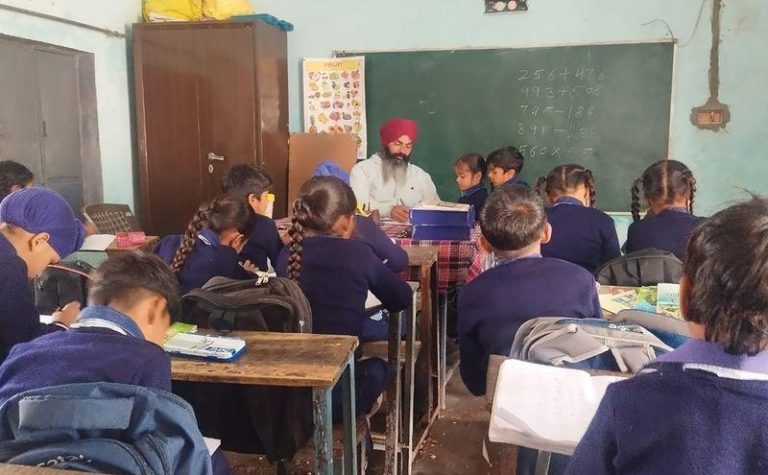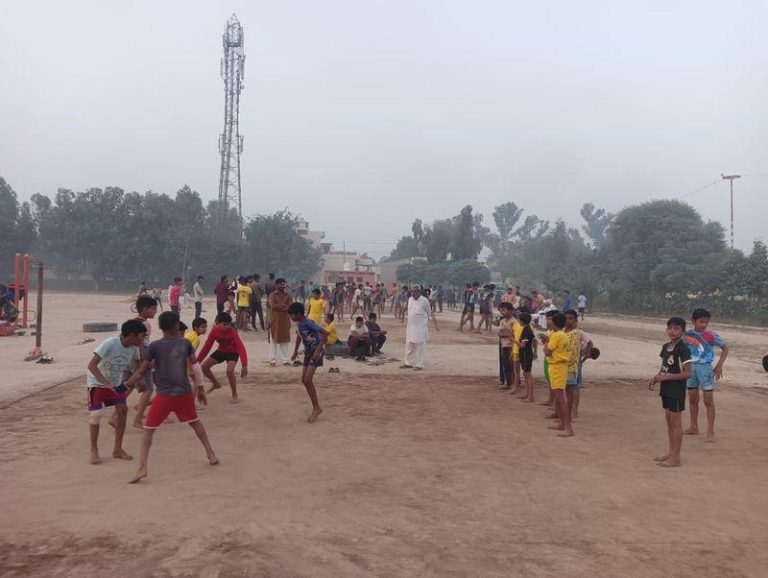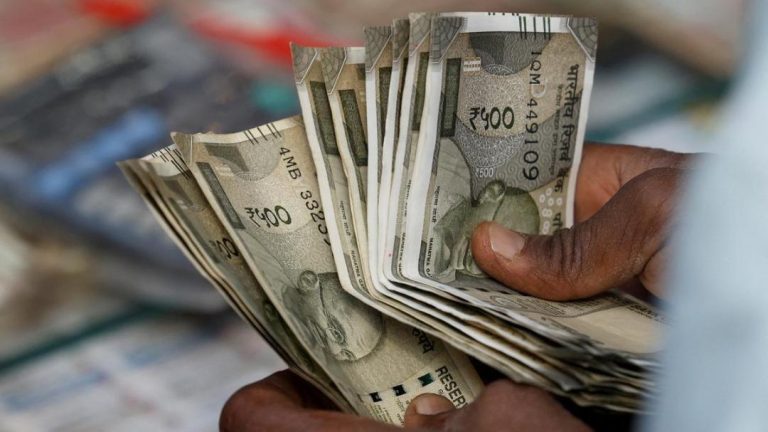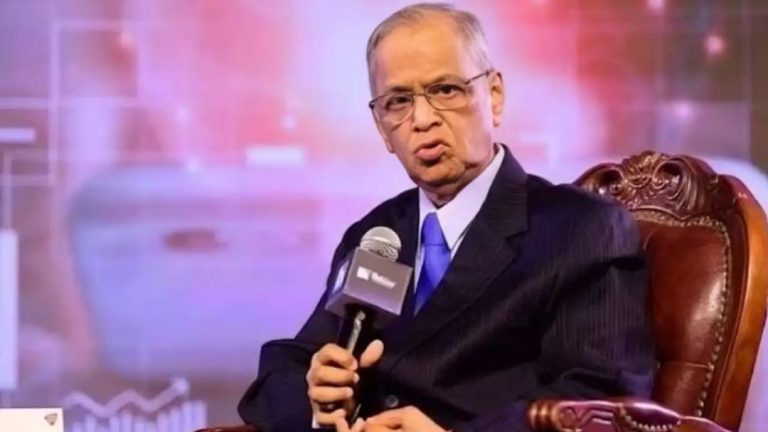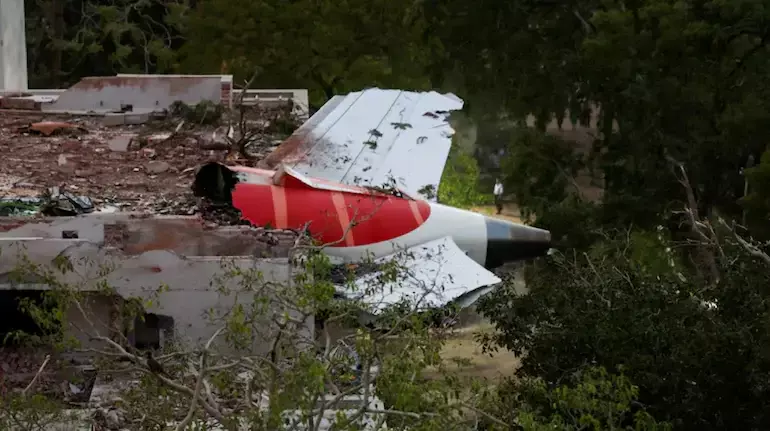
₹1cr Ex-Gratia Not Final Compensation for Crash Victims: Air India
On August 7, 2021, Air India suffered a fatal plane crash in Ahmedabad, resulting in the loss of several lives. The incident sent shockwaves across the country, and the airline has since been working to provide compensation to the families of the victims. In a recent development, Air India has clarified that the ex-gratia amount of ₹1 crore and interim compensation of ₹25 lakh being paid to the families of the deceased is not the final compensation.
In a letter to the Director General of Civil Aviation (DGCA), Air India stated that the amount is merely an advance, meant to help families with their immediate needs. The airline emphasized that this is not the final compensation being paid to the families of the victims. This clarification has raised several questions about the compensation process and what families can expect in the coming days.
The incident in Ahmedabad was a tragic one, and the loss of lives has left families reeling. The ₹1 crore ex-gratia amount and ₹25 lakh interim compensation being paid to the families were seen as a significant gesture by Air India to help them cope with the loss. However, the airline’s clarification has now raised concerns about the adequacy of this compensation and what more families can expect.
The ₹1 crore ex-gratia amount is not a new concept in India. In the past, airlines have paid ex-gratia amounts to families of victims in the event of accidents. However, the amount is generally seen as a token of goodwill and is not necessarily a reflection of the final compensation that families will receive.
In this case, Air India’s clarification has raised several questions about the compensation process. It is not clear what the final compensation will be or when families can expect to receive it. The airline has not provided any details about the process of calculating the final compensation, which has left families in a state of uncertainty.
The lack of clarity on the compensation process has also raised concerns about the adequacy of the compensation being offered. The ₹1 crore ex-gratia amount and ₹25 lakh interim compensation being paid to the families may not be sufficient to cover the losses they have suffered. The incident has resulted in the loss of several lives, and the families are likely to face significant financial losses as a result.
In addition to the financial losses, the families are also likely to face emotional trauma as a result of the incident. The loss of a loved one is a traumatic experience, and the airline’s clarification has added to their distress. The lack of clarity on the compensation process has also raised concerns about the airline’s commitment to ensuring that families receive fair compensation.
Air India’s clarification has also raised questions about the role of the DGCA in ensuring that airlines provide fair compensation to families of victims. The DGCA has the power to regulate the airline industry and ensure that airlines comply with safety standards and regulations. However, the agency’s role in ensuring that airlines provide fair compensation to families of victims is limited.
In this case, the DGCA’s role is limited to investigating the incident and ensuring that the airline complies with safety regulations. However, the agency does not have the power to compel the airline to provide a certain amount of compensation to families of victims. This lack of regulatory oversight has raised concerns about the adequacy of the compensation being offered.
In conclusion, Air India’s clarification that the ₹1 crore ex-gratia amount and ₹25 lakh interim compensation being paid to the families of the deceased is not the final compensation has raised several questions about the compensation process. The lack of clarity on the final compensation and the process of calculating it has left families in a state of uncertainty. The incident has resulted in the loss of several lives, and the families are likely to face significant financial losses as a result.
The airline’s clarification has also raised concerns about the adequacy of the compensation being offered and the role of the DGCA in ensuring that airlines provide fair compensation to families of victims. The agency’s limited role in regulating the airline industry and ensuring fair compensation has raised concerns about the adequacy of the compensation being offered.
As the investigation into the incident continues, families of the victims will be looking for answers about the compensation they will receive. Air India’s clarification has added to their distress, and the airline must provide more clarity on the compensation process to ensure that families receive fair compensation.
Source:

